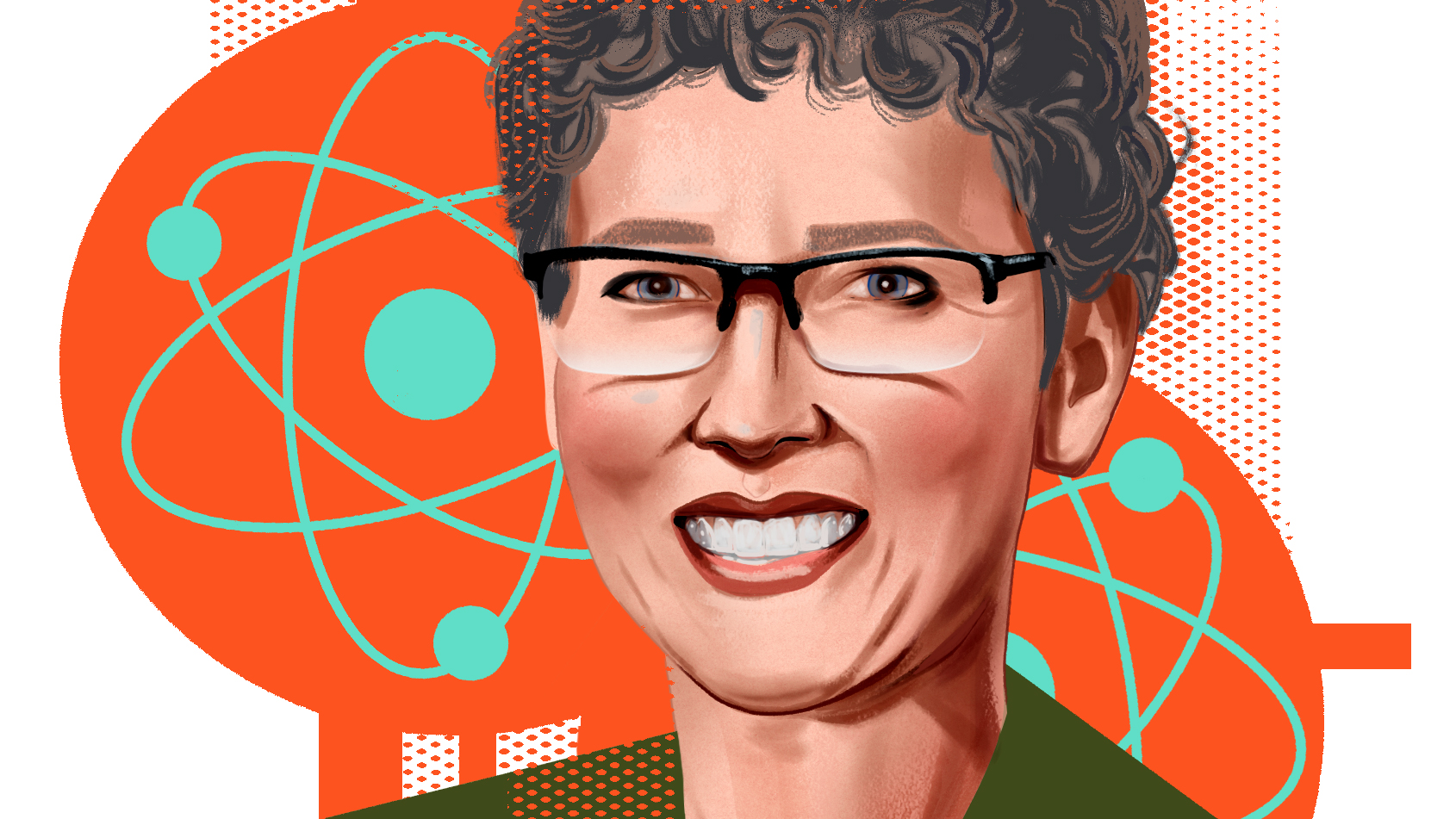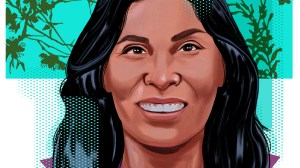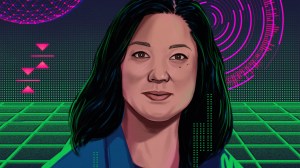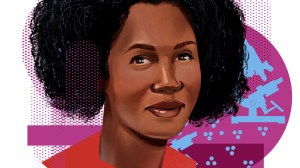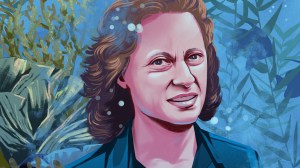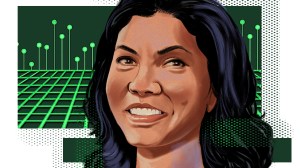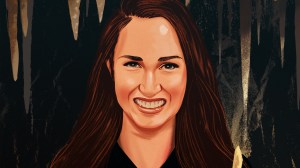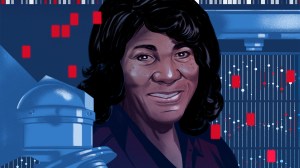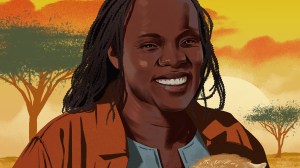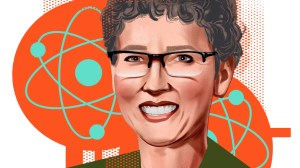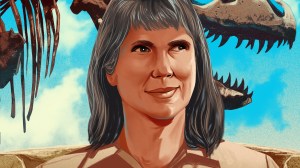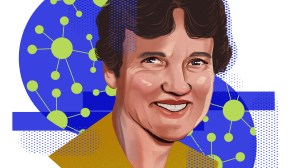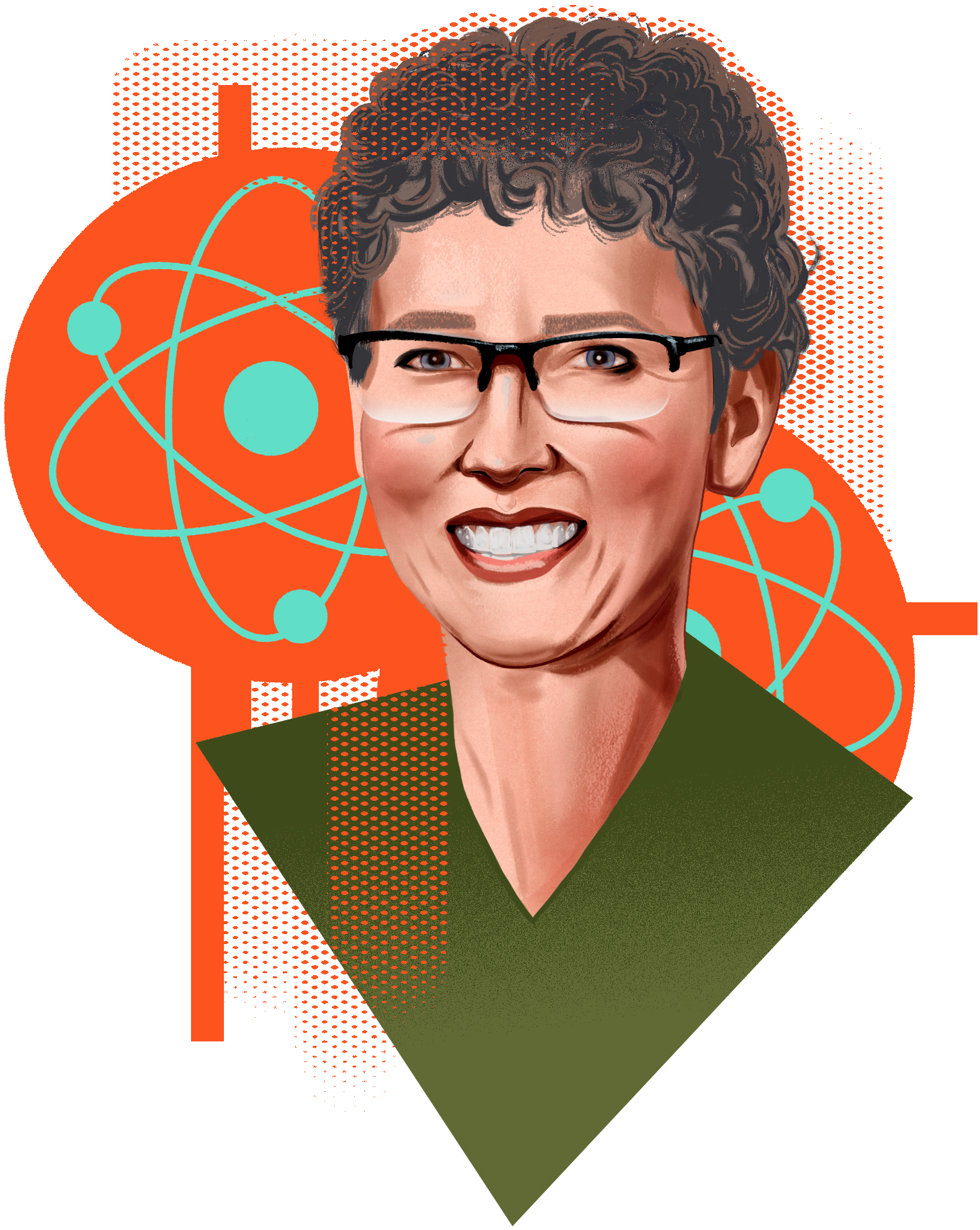In this series
Physicist, West Lafayette, Indiana
Erica Carlson struggled with feeling unsupported by her church while she was in grad school. “It’s the time commitment that has been hard for most of my church communities to understand,” she said, explaining that she felt an expectation that Christians attend up to three weekly events. “I always had too much homework to do, and I knew I should do it, since God was calling me into a technical career,” she said. “It was very lonely, both in undergraduate and graduate school.”
Furthermore, academia contains barriers that impede family life, making it a difficult path for women with families. After obtaining a PhD, it could take a person two or three postdoctoral positions (moves across the country) before finding a permanent position. “How many men do you know who would be willing to follow their wife around through four career moves in ten years?” she asked.
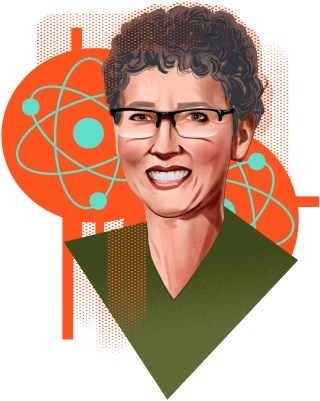 Jonathan Bartlett
Jonathan BartlettCarlson’s husband was. Fortunately, she only worked one postdoctoral position before landing a faculty position.
Today, she studies what electrons do inside of quantum materials. If scientists can learn to manipulate and control the quantum properties of electrons inside materials, they can be applied to new technologies. “This is the field that gave us computers and thumb drives,” she said. “We’re continually on the hunt for the next great material that will revolutionize our world.”
Carlson counters an old narrative among evangelicals that one can either choose God or science. “God calls the body of Christ into all places in society’s structures. After all, my science-minded friends need to know Jesus loves them. How will they know if they never meet a colleague who’s a believer?” she said.

